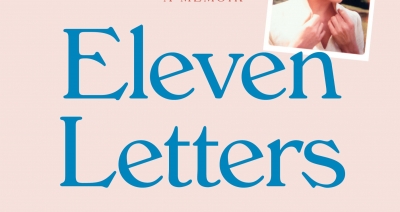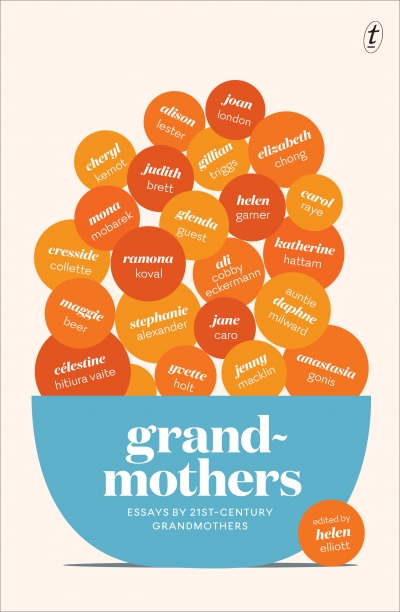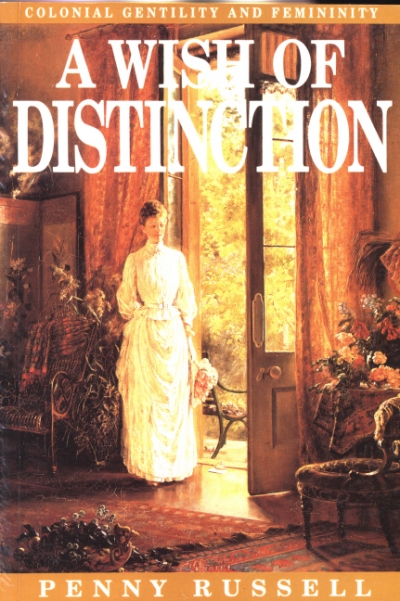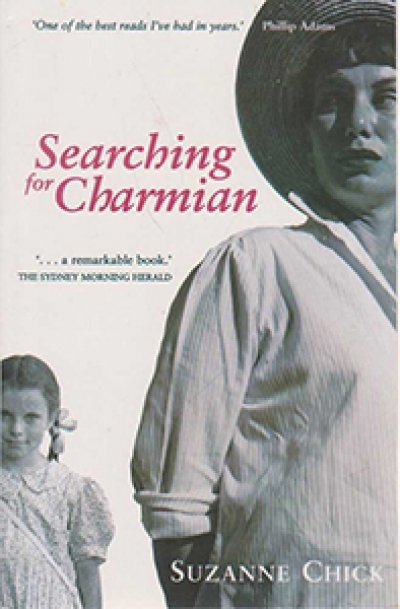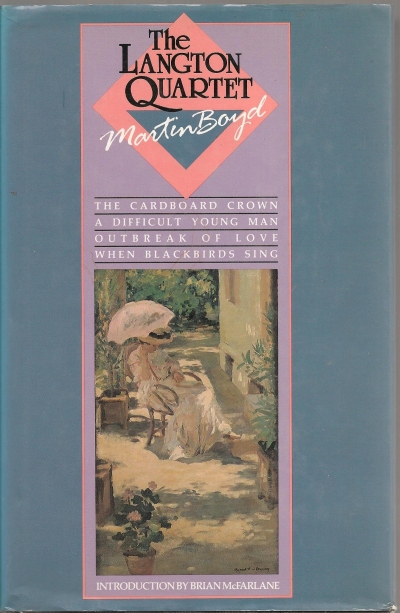In an exuberant essay anticipating the publication of Eleven Letters to You, the critic and editor Helen Elliott describes the deep pleasure of working on the book: ‘The satisfaction of writing this book, of making it as good as I can has been unlike anything I’ve ever known. A necessary joy, the deepest new, an entirely selfish pleasure. A small and ravishing bomb inside me’ (The Monthly, May 2023). After this introduction, it was a relief to read the book and find that it doesn’t disappoint. The exuberance of the writing process filters through to the finished pages, populated with ostensibly ‘ordinary people’ – Elliott’s highly provisional term – who have made a deep impression on the writer.
...
(read more)

